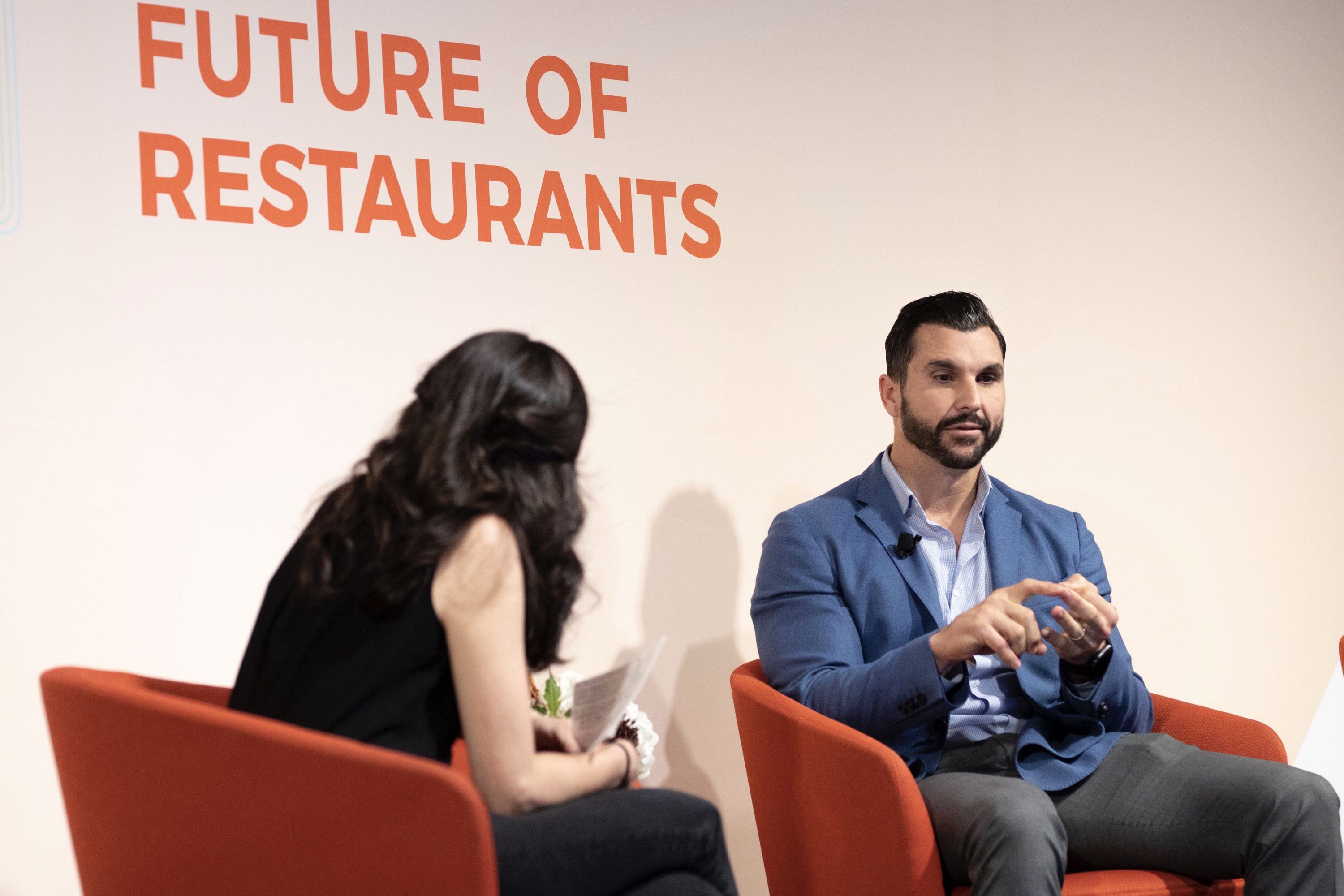What to Expect From ThinkFoodGroup’s Upcoming Hudson Yards Food Hall

Photo Credit: Eric Martino, chief operating officer at ThinkFoodGroup, speaking at Skift Restaurants Forum. Skift Table
Skift Take
ThinkFoodGroup's Hudson Yards project is pretty ambitious but if it manages to tell an authentic Spanish food story then it will likely be a success.


